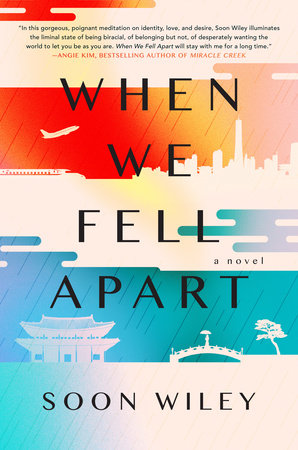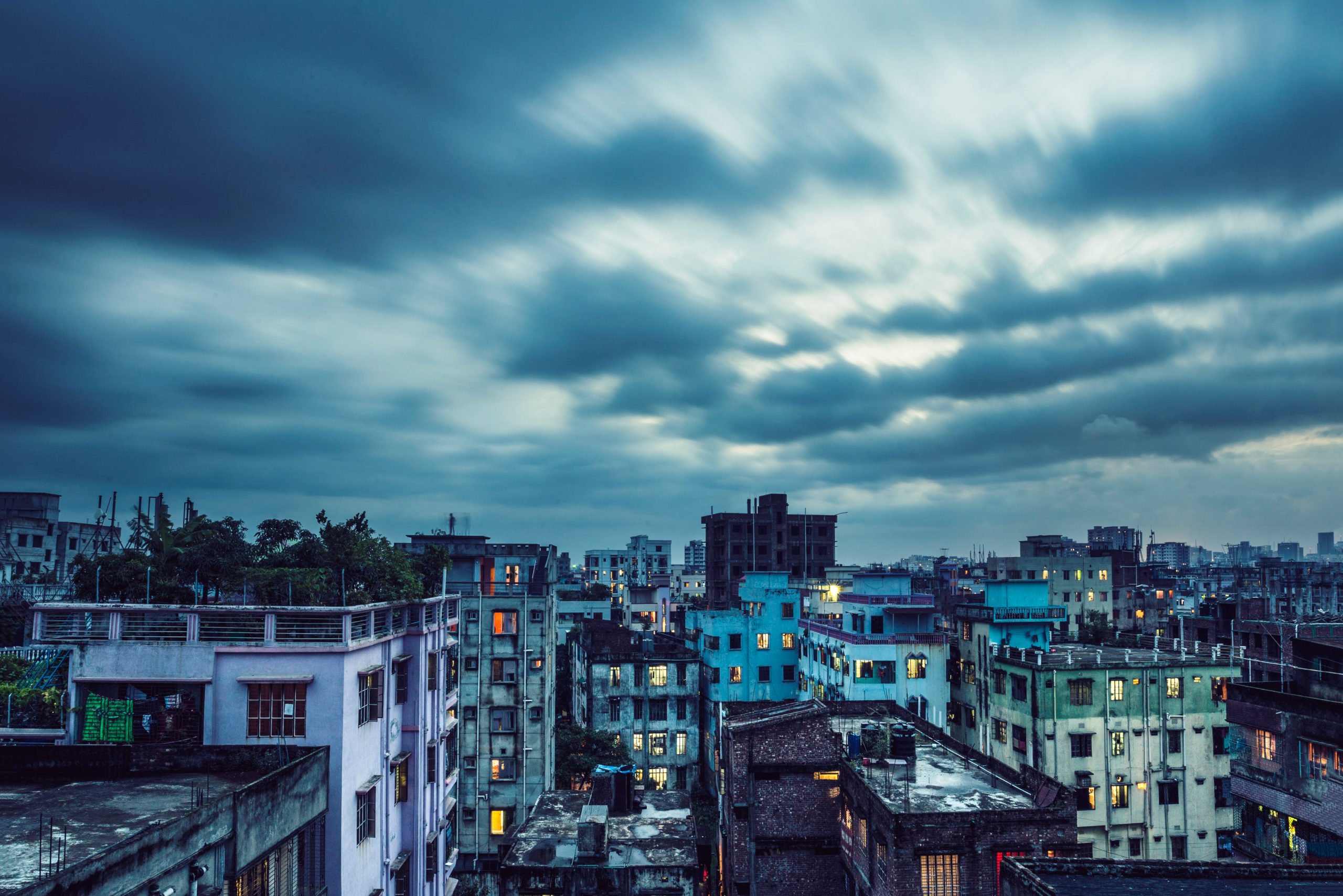Reading Lists
7 Korean Novels Set in Seoul
Soon Wiley, author of "When We Fell Apart," recommends books that unfold against the backdrop of the bustling South Korean capital

For those that might still think of New York as “The City That Never Sleeps,” I have some bad news: that title should most certainly belong to Seoul. You see, there is no last call in Seoul. And while the capital of South Korea might only have around one million more residents than New York City, it’s the population density where there’s simply no contest. New York City has roughly 27,000 residents per square mile. Seoul? Try 42,000. The city doesn’t just bustle, it roars.
When I started writing my debut novel, When We Fell Apart, I was only certain of two things: it would follow a young man’s search for questions following his girlfriend’s mysterious death, and it would be set in Seoul. Having lived there for a year, I knew first-hand what a rich and textured backdrop the city would be for my characters. From its glitzy high-end shops and all-night karaoke rooms to its world-class art museums and palatial street markets, Seoul isn’t just a cosmopolitan metropolis; it’s a writer’s playground. The city provided the perfect place for my characters to come of age while searching for answers.
I didn’t read any books that took place in Seoul while I was writing When We Fell Apart; I wanted to capture the city as I remembered and imagined it. When I finally finished the novel, the first thing I did was make a stack of the books set in Seoul that I’d been meaning to read. These novels provided me escape and insight; they transported me into that fictional dream we love as readers. Here are those same books. I hope you’ll discover what I did while reading them: Seoul is a character in unto itself.
If I Had Your Face by Frances Cha
A captivating exploration of modern Seoul and Korean culture. Frances Cha channels the perspective of four young women as they struggle to find success and fulfillment in a city and society obsessed with unattainable beauty standards, K-pop stars, and familial expectations. With masterful prose and nimble structure, Cha weaves these four stories together, creating a nuanced and deeply satisfying depiction of female friendship.
At Dusk by Hwang Sok-yong, translated by Sora Kim-Russell
In his novel, that at times reminded me of Kazuo Ishiguro’s The Remains of the Day, Hwang Sok-yong tells the story Park Minwoo, an elderly businessman who begins reexamining his past. A rags to riches tale, Park was born into abject poverty and raised in one of Seoul’s poorest districts, only to ride Korea’s rapid modernization to wealth and success. But when his company is the target of a corruption investigation, and he receives a message from an old lover, he begins to reassess the cost of his success.
Everything Belongs to Us by Yoojin Grace Wuertz
A historical novel set in 1978 Seoul, Yoojin Grace Wuertz’s novel follows the lives of two women from distinctly different economic means as they struggle to make a life for themselves under Park Chung-hee’s oppressive and industrialization-obsessed regime. Astounding in both its epic scope and intimately drawn characters, Wuertz weaves a tale about friendship, loyalty, and betrayal against the backdrop of national upheaval. This novel will leave you reaching for a history book on one of Korea’s most tumultuous time periods.
Love in the Big City by Sang Young-Park, translated by Anton Hur
A novel that feels like a throwback of sorts, Sang’s first book to be published in English is a humorous and heartbreaking story about Young, a hard-partying university student searching for love in Seoul. When he isn’t attending class and meeting up with his Tinder matches, Young is hanging out at bars with his best friend and roommate, Jaehee, where they drink away their anxieties about their love lives and families. Through boisterous and unadorned prose, Sang explores the intricacies of queer life in Korea, with all its joys and complexities.
Kim Ji-young, Born 1982 by Cho Nam-Joo, translated by Jamie Chang
A global sensation when it was published in 2016 and translated into English in 2020, Cho’s novel charts the steady and alarming mental decline of a woman as she struggles to retain her dignity within Korea’s patriarchal society. Having quit her job to care for her newborn, as most women are expected to do in Korea, Ji-young spends her days in a small apartment on the outskirts of Seoul. With no one to keep her company but her infant daughter, Ji-young begins exhibiting “strange” behavior and impersonating the voices of other women. Blaming her for her own mental illness, Ji-young’s husband sends her to a male psychiatrist. Told in clinical and matter-of-fact prose, this novel stands as one of the most important contemporary Korean novels yet.
The Plotters by Kim Un-su, translated by Sora Kim-Russell
An alternate take on Seoul, Kim’s sizzling and thrilling novel imagines a city overrun with for-hire killers and assassin guilds vying for business. The novel follows Reseng, a skilled hitman who was an orphan until he was found and raised by an old man named Old Racoon (yes, you read that correctly). Everything is going just fine for Reseng, until he uncovers a devious and astonishing plot, forcing him to choose between his job and a higher calling. Part existential philosophy and part Quinten Tarantino film, this novel will take you on an unforgettable ride.
Please Look After Mom by Shin Kyung-sook, translated by Kim Chi-young
An international bestseller and winner of the Man Asian Literary Prize, Shin’s brilliant novel tells the story of a family’s frantic search for their missing mother. In a crowded Seoul metro station, 69-year-old So-nyo gets separated from her husband. What follows is a fevered quest to discover her whereabouts and a family coming to grips with their untold secrets. Shin masterfully utilizes four perspectives—mother, husband, daughter, and son—to paint a universal and authentic portrait of contemporary Korean life.









